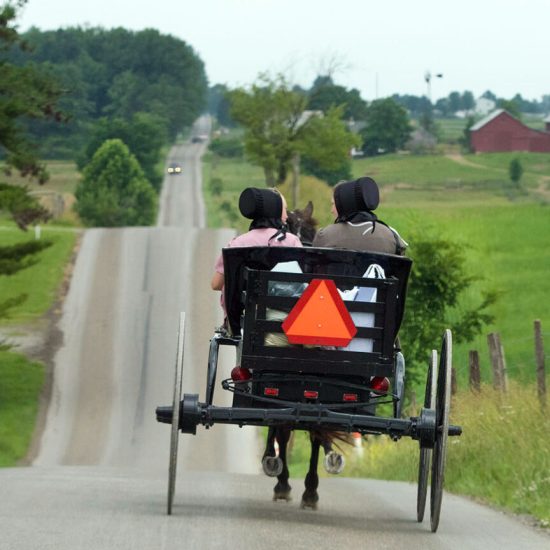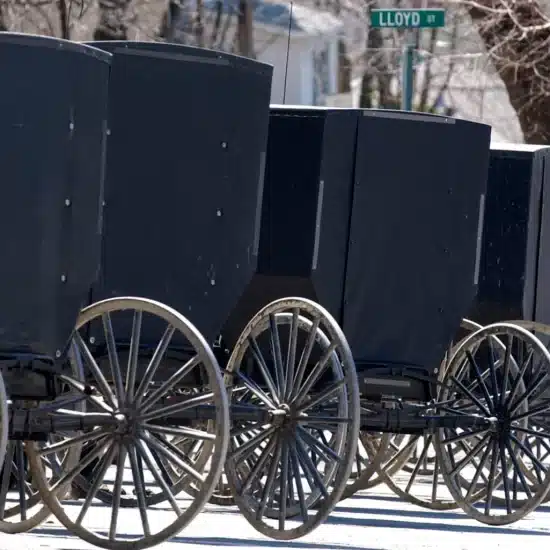By Bill Webb
Word&Way Editor
What does a community do when a gunman bursts into a school and opens fire on a  dozen of their little girls, killing five of them and injuring five more?
dozen of their little girls, killing five of them and injuring five more?
In Nickel Mines, Pa., where this despicable act occurred, the Amish families quietly extended forgiveness, buried their dead and took up a collection to help the family of the man who killed first the girls and then himself.
Some have likely viewed these actions as signs of weakness, turning the other cheek when this community had every right to be angry and show it. Why should the parents, other family members and neighbors not have been enraged? Why shouldn't they shake their fists before a TV camera or at Almighty God?
The shocker is that in their anguish, the people in this Amish community remained consistent. They treated the killer no different than someone who had overcharged them for a service. They forgave. Inexplicably to many people, they claimed forgiveness and the strength that comes from such an act of faith.
Perhaps their forgiveness would have been easier for the rest of us to understand if they had simply waited until the dead were buried, until a proper time of grieving had passed or until they had struggled about whether or not they would choose to forgive at all. That sounds like a more reasonable approach.
Perhaps they could have waited until they had enough time to construct a suitable monument to honor the lives of their precious youngsters, a memorial to remind them never to forget the evil that had been perpetrated upon them. But these Amish families apparently did not pause to entertain such thoughts.
Instead, they made a decision that the one-room schoolhouse would be brought to the ground, loaded into trucks and destroyed. The land would be leveled and would become a nondescript pasture.
It appears to me that this community was carrying out its forgiveness to the fullest. The Bible suggests that God forgives our sins and remembers them no more. I would like to think that this is what these people of faith had in mind. They will never forget their daughters, sisters, grandchildren and nieces, but they are choosing not to be shackled with a memory of tragedy playing over and over in their minds.
Personally, I find forgiving without really forgetting more to my liking. Perhaps others struggle with this, too. Some schools where violence has broken out and resulted in death to one or more students and/or staff construct prominent memorials. I have mixed feelings about that.
I may not be entitled to an opinion on this matter. I have not lived in a community where something like this has happened. I have not lost a child to either violence, accident or illness and can only imagine how I might feel.
But we all have heard of people who have suffered loss, sometimes horrific loss like that in Pennsylvania. Some never recover. Otherwise healthy people cannot move past grief or shock. Some cannot release anger or bitterness.
The Nickel Mines Amish community will not get over their loss overnight; they are still human. Loss always requires adjustment in life because it affects and changes life. But the lesson we might all learn from this example is that forgiving and forgetting need not be the culmination of dealing with grief and loss. That seems to be the prevailing wisdom.
What if forgiving and forgetting are the first steps in dealing with pain, loss, tragedy and disappointment in life? We can learn something from the families of Nickel Mines, Pa.



